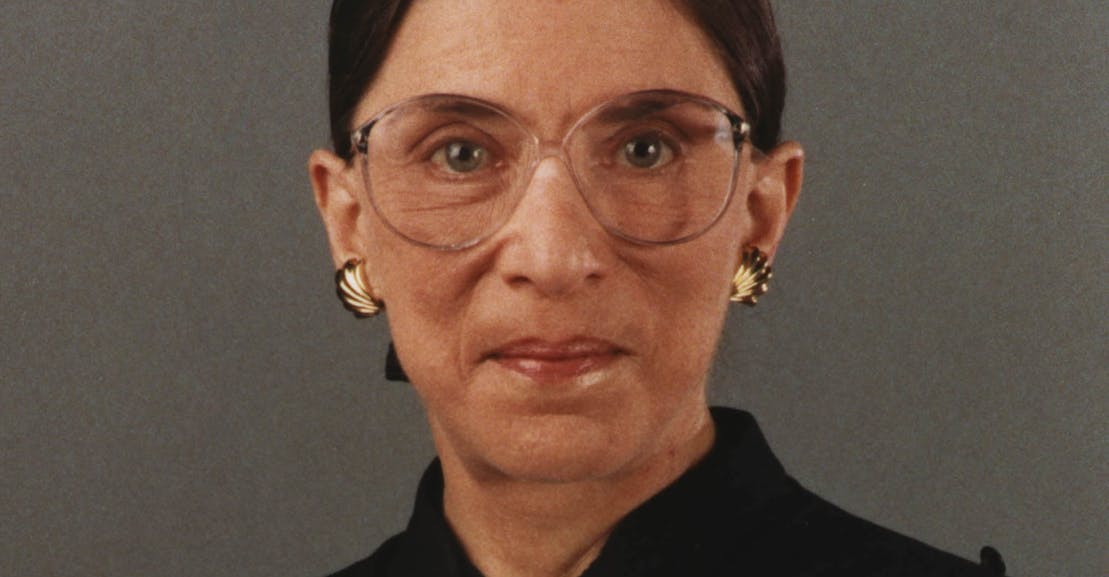The first thing to say about Ruth Bader Ginsburg, whether you agreed with her jurisprudence or not, is that she was a mensch, a good person, full of compassion and empathy. Infused with honor and integrity, overflowing with wit and wisdom, she was never afraid to mix things up on behalf of the underdogs in American life. A little Jewish lady from Brooklyn, who grows up to be Notorious RBG, is an epic American story, right? She also was a powerful judge who appreciated those who helped her make her way, and then paid it back by helping so many to make their own way as tribunes of the law.
On and off the Supreme Court, Ginsburg used her brilliant mind and judicious temperament to fight on behalf of women who were discriminated against, people of color whose votes were suppressed, employees abused by their bosses, gay and lesbian people punished by bigots, and defendants denied due process and equal protection. And, as Dahlia Lithwick points out, she did all this, especially in the last third of her life, after initially facing skepticism from women’s rights advocates who felt she was too conservative or incremental for their liking. Imagine that. America changed. She changed. And here we are.
That Ginsburg died of complications from cancer on the eve of Rosh Hashanah, the Jewish New Year, when the proverbial Book of Life is said to be opened, gives her remarkable life and sudden death a fitting coda. But it makes the loss no less sorrowful and stunning for those she leaves behind. A person who dies on Rosh Hashanah is a “tzaddik,” a person of great righteousness, tweeted the critic Ruth Franklin. Fitting, since Ginsburg was a person of faith who believed in the concept of “tikkun olam,” the act of healing the whole through the pursuit of justice. This will be one of the ways in which she will be remembered long after the firestorm her death causes burns itself out.
She stayed years too late, many felt, and now she’s gone months too early. The late Supreme Court Justice Antonin Scalia might have said so himself, were he still alive. Their famous friendship, which transcended bitter ideological divides, seems so quaint today. And so ironic. The political fight over Scalia’s seat in 2016 will directly influence the grim, looming fight over Ginsburg’s seat, meaning the two old friends and opera aficionados will forever be linked in history as examples of the raging division that marks our politics today. I suspect the fight over Ginsburg’s seat will make the 2016 fight over Scalia’s seat seem tame.
But there will be plenty of time to fight over politics. Plenty of time for hoary quotes from members of the Senate Judiciary Committee. Plenty of time to gauge the calculus of what this blow means for the future of reproductive rights. Today we should pause and realize that Ginsburg’s career was a landmark in the history of women in America. So many today are lawyers and judges and corporate counsel, so many have obtained political office, so many devote their lives to fighting discrimination in all its forms, because of the stirring example Ginsburg set. She was a trailblazer, an inspiration, just like Sandra Day O’Connor, her predecessor on the Court, who also overcame the rampant and overt gender discrimination that marked that era of American law.
